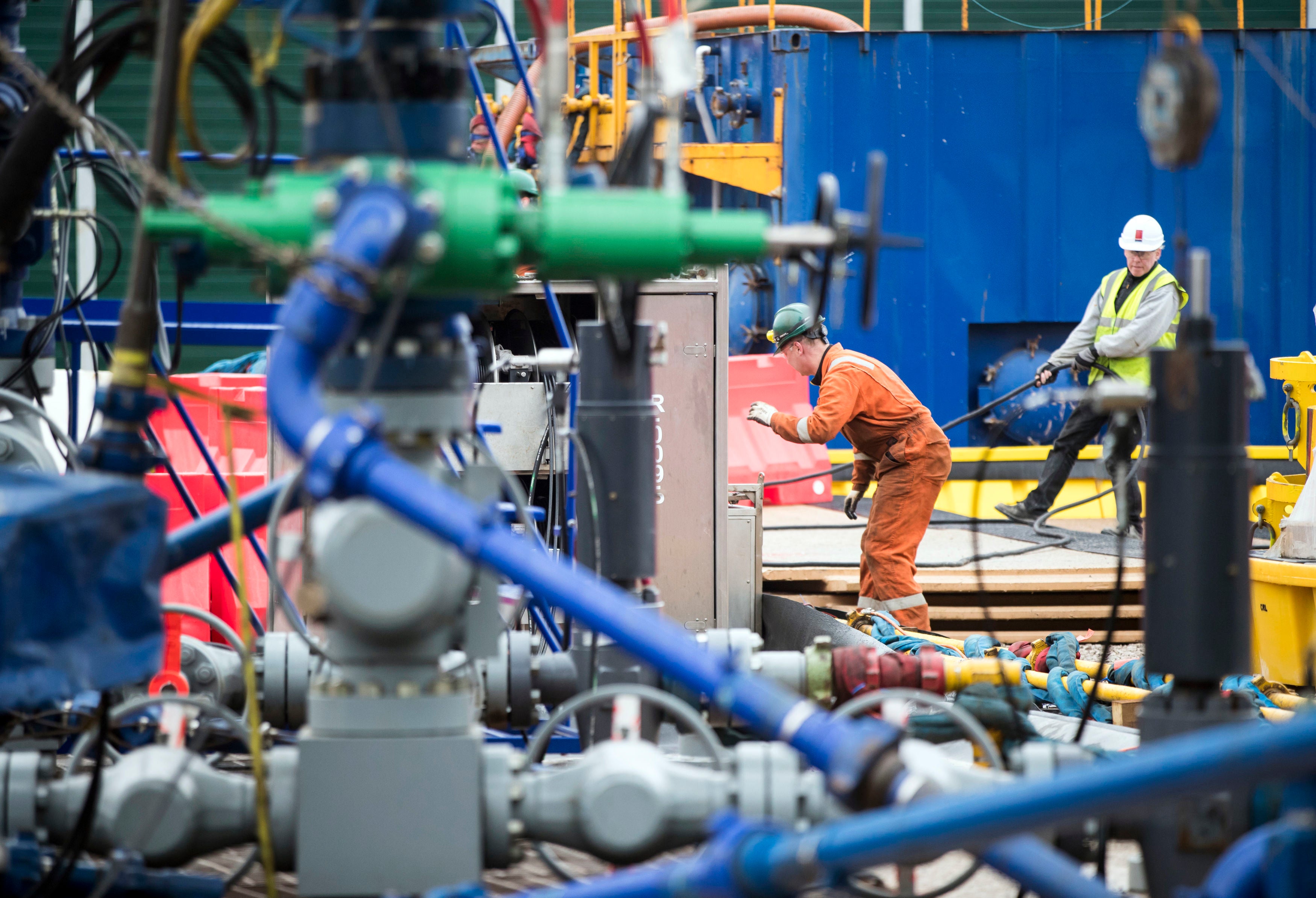Fracking prohibition Bill unlikely to be passed this Assembly term
Sinn Fein MLA Aine Murphy’s Onshore Fracking (Prohibition) Bill is currently at committee stage.

Your support helps us to tell the story
From reproductive rights to climate change to Big Tech, The Independent is on the ground when the story is developing. Whether it's investigating the financials of Elon Musk's pro-Trump PAC or producing our latest documentary, 'The A Word', which shines a light on the American women fighting for reproductive rights, we know how important it is to parse out the facts from the messaging.
At such a critical moment in US history, we need reporters on the ground. Your donation allows us to keep sending journalists to speak to both sides of the story.
The Independent is trusted by Americans across the entire political spectrum. And unlike many other quality news outlets, we choose not to lock Americans out of our reporting and analysis with paywalls. We believe quality journalism should be available to everyone, paid for by those who can afford it.
Your support makes all the difference.New legislation to ban fracking in Northern Ireland is unlikely to be passed in this Assembly term, a Stormont committee has heard.
Currently exploration for oil and gas can proceed under what are termed permitted development rights, with planning permission needed for commercial extraction.
Last year Infrastructure Minister Nichola Mallon announced her intention to tighten up the rules around fracking.
Meanwhile Sinn Fein MLA Aine Murphy brought a private member’s Onshore Fracking (Prohibition) Bill.
She previously said that if passed, it will outlaw the exploration and extraction of petroleum by fracking.
Almost all of the prospective areas for shale are concentrated in what's called the North West Carboniferous Basin, this is largely located in Fermanagh
But with just weeks before the Assembly is due to be dissolved for fresh elections, it remains at the committee stage of the legislative process.
The Stormont Economy Committee received a briefing from Rob Raine of Geological Survey Northern Ireland on Wednesday, as part of its consideration of the Bill.
He described hydraulic fracturing or fracking as a combination of two techniques, the drilling of long horizontal laterals extensions and hydraulic fracturing at high volumes, developed in the early 20th century but first used together commercially in the 1980s.
He indicated that sections of Fermanagh are the most likely places to be of interest for fracking.
“The geological history of Northern Ireland has led to several areas of thickly buried sediment which have been buried to a suitable depth to make them prospective for oil and gas,” he told MLAs.
“Almost all of the prospective areas for shale are concentrated in what’s called the North West Carboniferous Basin, this is largely located in Fermanagh.”
Alliance MLA Stewart Dickson described the chemicals used in the fracking process as “lethal”, and said fear of their entering the public water supply or agricultural land is of “severe concern for members of the public”.
Committee chairwoman Caoimhe Archibald said the briefing had been useful although the Bill will not proceed in this mandate.
“Obviously it’s something that a future committee will return to in the next mandate,” she said.